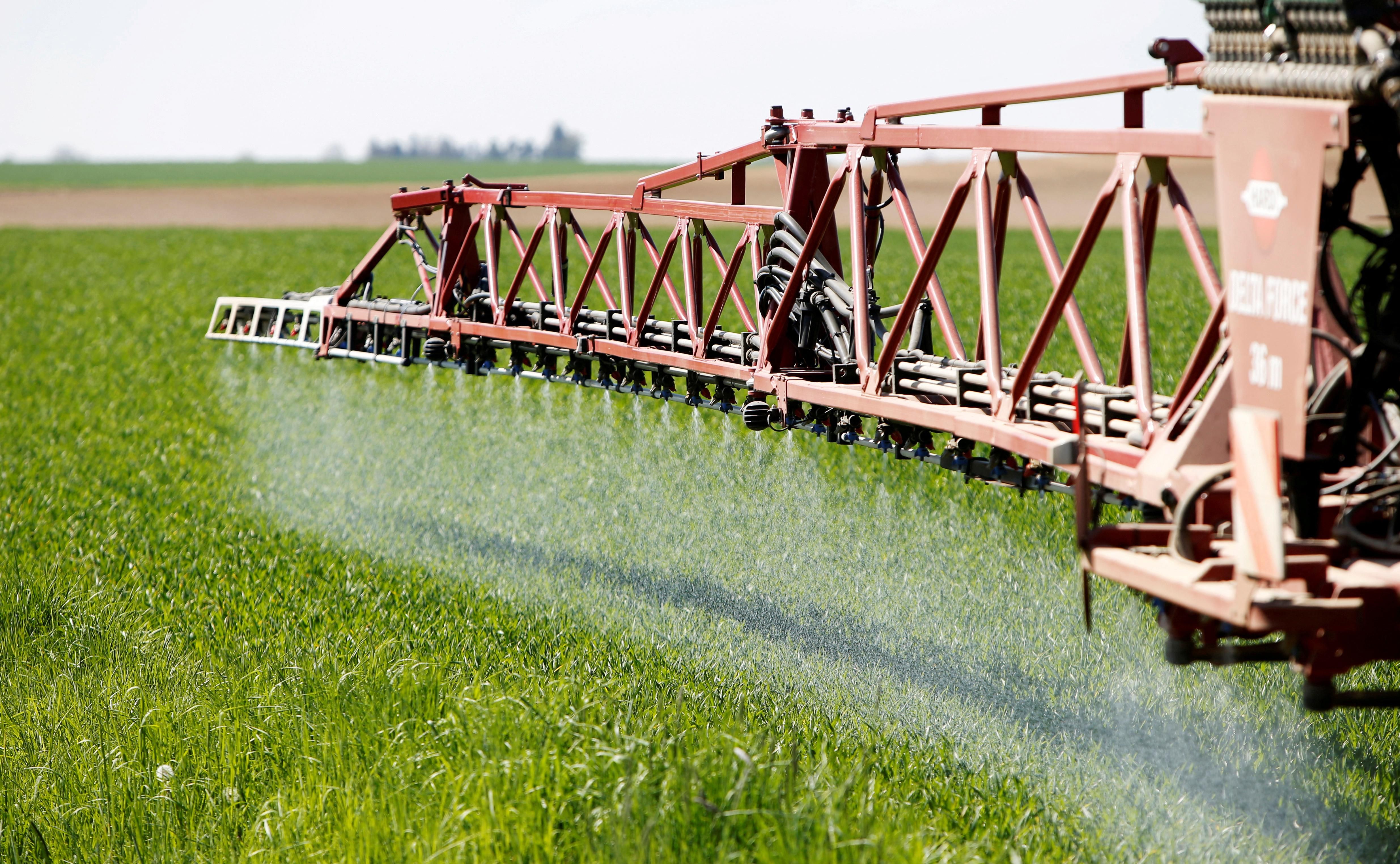We've written about how the war between sunflower superpowers and major grain exporters Russia and Ukraine is already fueling a global food price crisis.
But there's a related catastrophe in the works for not only farmers but everyone around the world: a war-linked shortage of fertilizer from Russia and its top ally Belarus.
Modern agriculture relies on the widespread use of fertilizer to maximize crop yields. Very few parts of the world have soil that’s fertile enough to plant without a chemical pick-me-up. Having less Russian and Belarusian fertilizer on the market will soon mean many countries won’t be able to grow as much food — and the food they do produce will get a lot more expensive.
Global fertilizer prices were already soaring before Russia invaded Ukraine due to a pandemic-induced surge in the cost of natural gas, a key raw material for nitrogen-based fertilizer. But the war has made things much worse by creating uncertainty over exactly how much fertilizer can be sourced in the immediate future from Russia and Belarus.
Although current Western sanctions against both countries exclude fertilizer (except the EU’s on Belarusian potash), Russia has responded with export bans to "unfriendly" nations as payback for the sanctions. What's more, traders are wary of making big purchases amid the rapidly changing sanctions regime, while many shipping firms are avoiding the Black Sea, the main transport route for this commodity.
A fertilizer price crisis is a less immediate but equally serious threat to food security than tight grain stocks because it'll limit the global capacity to fill that gap with other staples, such as corn, rice, or soybeans in the medium term.
Farmers worldwide are dealing with the problem in different ways. Some are making do with manure. Others are hoarding supply for 2023, which will further increase prices. One fertilizer maker predicts that global crop yields could decline by as much as 50% next harvest.
This crisis is coming to a head in agricultural powerhouse Brazil, the world’s biggest importer of fertilizer, almost one-quarter of which comes from Russia and Belarus. The shortages are driving up costs for Brazilian farmers and food prices for all Brazilians.
And, of course, it’s gotten political: President Jair Bolsonaro now wants to mine potash in protected indigenous lands, but even if he gets his way it’s unlikely to fill the short-term supply gap.
There’s a Brazil-Russia angle too. Bolsonaro — a longtime Vladimir Putin fanboy — reluctantly condemned Russia’s invasion of Ukraine but refused to back Western sanctions against Moscow. Still, the effect of Brazil’s dependence on Russian fertilizer on food inflation puts the incumbent in a tricky spot just months before the October presidential election, and Bolsonaro is already polling behind former president Luiz Inácio Lula da Silva.
"Foreign policy does not affect Bolsonaro’s popularity and odds of re-election. Inflation surely does," says Eurasia Group’s Marcelo Alvarenga. "Food inflation will likely pressure Bolsonaro, but he has very few options to intervene."
Brazil is just the tip of the iceberg. Many countries that were already food-insecure before the war in Ukraine get almost all their fertilizer from Russia and Belarus. Without it, some might face famine because smallholder farms can't produce enough food to make up for the shortfall with just organic compost.
This includes several nations in sub-Saharan Africa, but also parts of the former Soviet Union, such as Azerbaijan, Kazakhstan, and Moldova. Putin has already weaponized Russian oil and gas to get what he wants from Europe, so perhaps fertilizer could be the next ace up his sleeve.
There is one country that could pick up the slack: China, the world’s top producer and second-largest exporter of fertilizer. The problem is that Beijing started curbing fertilizer exports in October to sustain food production for domestic needs amid strict COVID-19 restrictions. Don't count on the Chinese to resume selling to the world as much as they did before as long as Xi Jinping's zero-COVID policy remains in place.
"Rising fertilizer costs are a big issue," says Eurasia Group analyst Peter Ceretti. "We may end up with lower yields in the next harvest if a lot of farmers can't afford fertilizer and must use less of it this year."
